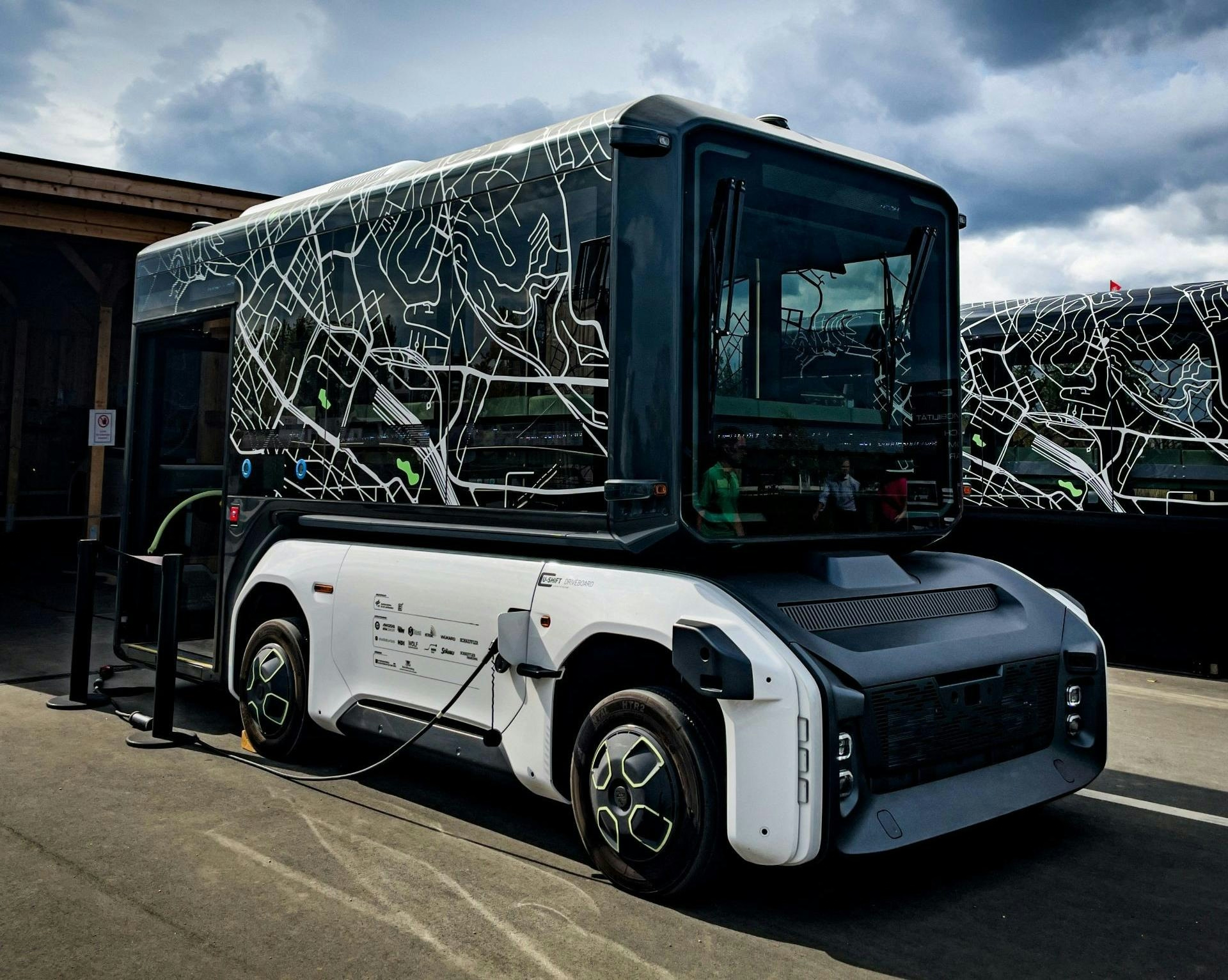AeroGenie — Ваш интеллектуальный второй пилот.
В тренде
Categories
Concordia Researchers Develop Cleaner Air Taxi Technology

Concordia Researchers Develop Cleaner Air Taxi Technology
Advancing Solar-Powered Seaplanes for Sustainable Urban Mobility
A team of researchers at Concordia University has introduced an innovative approach to enhancing the sustainability of seaplane air taxis by integrating solar energy technology. Under the leadership of Professor Susan Liscouët-Hanke from the Department of Mechanical, Industrial and Aerospace Engineering, alongside graduate student Mohammad Mir and postdoctoral fellow Musavir Bashir, the group has developed a detailed framework for incorporating solar panels into operational seaplanes. This initiative aims to make air taxis cleaner, quieter, and more environmentally friendly.
Unlike earlier concepts that primarily focused on experimental or prototype aircraft, the Concordia team’s design is tailored for practical, short-haul air taxi services. Their analysis demonstrates that solar panels, when strategically mounted on seaplanes, can generate enough electricity to fulfill secondary power requirements during approximately 86% of flights in peak seasons. On particularly sunny days, the system often produces surplus energy, which can be used to reduce fuel consumption and greenhouse gas emissions. Additionally, this excess power can operate cabin systems such as air conditioning while the aircraft is docked, all without relying on fuel combustion.
Technical Insights and Industry Challenges
The study, published in the journal Aerospace, also explores how variables such as weather conditions, seasonal variations in daylight, and technological choices influence the performance of solar-powered seaplanes. The researchers highlight that ongoing improvements in solar cell efficiency and power electronics hold the potential to further increase the benefits of this technology. Nonetheless, they caution that further development and experimental validation are essential, particularly regarding the integration of solar cells into the structural components of aircraft.
Despite the promising outlook, the path to widespread adoption faces considerable obstacles. Regulatory challenges, high development costs, and the operational complexities inherent in urban environments may impede progress. The advanced air mobility sector has experienced mixed reactions from the market; while some investors show enthusiasm for sustainable aviation solutions, others remain hesitant due to persistent economic and technical uncertainties. Industry responses vary as well, with some companies pausing their development efforts and others advancing pilot programs. Recent setbacks, such as Supernal’s decision to suspend its electric vertical takeoff and landing (eVTOL) program, highlight the broader difficulties the sector encounters in achieving certification and commercial viability.
The Concordia team’s research offers a promising retrofit pathway for water-based air taxis, potentially contributing to cleaner skies and quieter harbours. Their work underscores Concordia University’s leadership in sustainable aviation innovation amid the complex challenges facing the industry’s transition toward commercialization.

Emirates Unveils Cabin Design for New Boeing 777X

Eighteen Years On, the Airbus A380 Remains Central to a $34 Billion Airline

How a boom in luxury airline seats is slowing down jet deliveries

Navitaire Outage Attributed to Planned Maintenance

Airbus Plans Record Delivery of 870 Aircraft in 2026

DigiYatra Debuts Outside Aviation at India AI Impact Summit

Vietnam Orders Strengthen Boeing’s Commercial Outlook

Airbus Signals Uncertainty Over Future A400M Orders

JobsOhio Awards $2 Million Grant to Hartzell Propeller for Innovation Center

Collins Aerospace Tests Sidekick Autonomy Software on YFQ-42A for U.S. Air Force CCA Program
